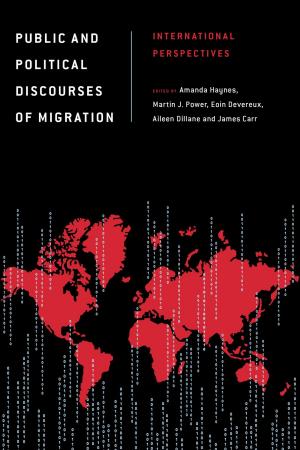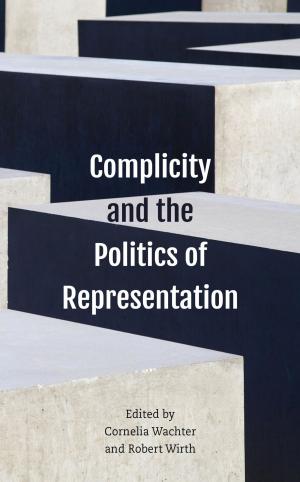The Political Turn in Animal Ethics
Nonfiction, Religion & Spirituality, Philosophy, Political, Ethics & Moral Philosophy| Author: | ISBN: | 9781783487264 | |
| Publisher: | Rowman & Littlefield International | Publication: | September 23, 2016 |
| Imprint: | Rowman & Littlefield International | Language: | English |
| Author: | |
| ISBN: | 9781783487264 |
| Publisher: | Rowman & Littlefield International |
| Publication: | September 23, 2016 |
| Imprint: | Rowman & Littlefield International |
| Language: | English |
The debate about our treatment of nonhuman animals has been traditionally dominated by moral philosophers, and the crucially important role of politics has been hitherto neglected. This innovative edited collection seeks to redress the imbalance by interrogating some vital questions about this so-called ‘political turn’ in animal ethics.. The questions tackled include: What can political philosophy tell us about our moral obligations to animals? Should the boundaries of the demos be expanded to allow for the inclusion of animals? What kind of political system is most appropriate for the protection of animals? Does the protection of animals require limits to democracy, as in constitutional devices, or a usurping of democracy, as in direct action? What can the work of political scientists tell us about the governance of animal welfare? Leading scholars in the field explain how engaging with politics, in its empirical and normative guises, can throw much needed light on the question of how we treat animals, and how we ought to treat them.
The debate about our treatment of nonhuman animals has been traditionally dominated by moral philosophers, and the crucially important role of politics has been hitherto neglected. This innovative edited collection seeks to redress the imbalance by interrogating some vital questions about this so-called ‘political turn’ in animal ethics.. The questions tackled include: What can political philosophy tell us about our moral obligations to animals? Should the boundaries of the demos be expanded to allow for the inclusion of animals? What kind of political system is most appropriate for the protection of animals? Does the protection of animals require limits to democracy, as in constitutional devices, or a usurping of democracy, as in direct action? What can the work of political scientists tell us about the governance of animal welfare? Leading scholars in the field explain how engaging with politics, in its empirical and normative guises, can throw much needed light on the question of how we treat animals, and how we ought to treat them.















